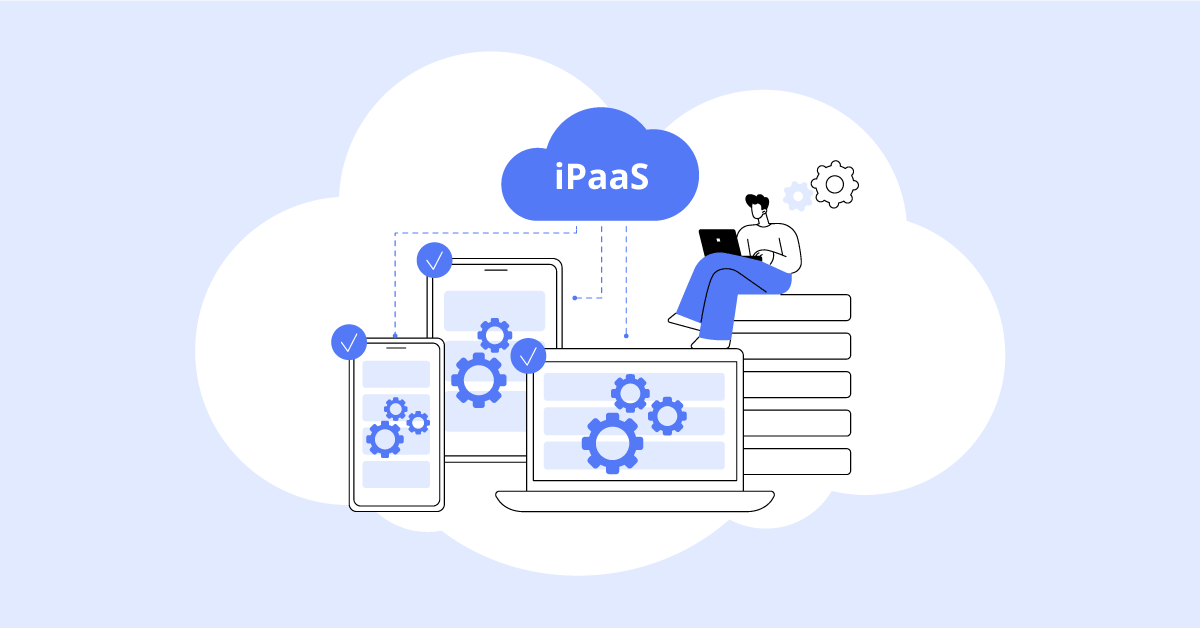In today’s fast-moving business world, managing and integrating data is more important than ever. Organizations are constantly looking for ways to stay agile, innovative, and ahead of the competition. One of the key players making this possible is Integration Platform as a Service, or iPaaS. While many see it as just another tool in the tech stack, iPaaS is much more than that. It’s a game-changer that can transform how businesses of all sizes handle their data, streamline their processes, and ultimately drive growth.
So, what exactly makes iPaaS such a powerful tool? Let’s dive into the benefits of iPaaS and explore how it’s reshaping the way companies operate.
iPaaS: More Than Just Integration
When people first hear about iPaaS, they often think of it as simply a solution for connecting different software applications. While that’s certainly a big part of what it does, the true power of iPaaS lies in its ability to do so much more. Beyond just integration, iPaaS offers a scalable, secure, and efficient platform that can adapt to the unique needs of any business.
Imagine you’re running a business that relies on multiple software tools—maybe a CRM, an accounting system, and a marketing automation platform. Traditionally, getting these tools to work together smoothly would require custom coding, endless manual updates, and a lot of patience. But with iPaaS, these integrations are not only simplified but also automated, freeing up your team to focus on more strategic tasks.
What sets iPaaS apart is its flexibility. Whether you’re a small startup or a large enterprise, iPaaS can scale with you, providing the integration capabilities you need without the hassle of managing complex infrastructure. And because it’s cloud-based, iPaaS ensures that your data is secure, accessible, and easy to manage, no matter where your team is located.
Driving Efficiency Through Automation
One of the standout features of iPaaS is its ability to drive efficiency through automation. In a world where time is money, automating repetitive tasks can be a major boon for businesses. With iPaaS, you can set up workflows that automatically move data between systems, trigger actions based on specific events, and keep everything in sync without manual intervention.
For example, let’s say your sales team closes a deal in your CRM. With iPaaS, that information can automatically be sent to your billing system to generate an invoice, updated in your inventory management system to adjust stock levels, and even used to trigger a thank-you email to the customer—all without anyone lifting a finger. This level of automation not only saves time but also reduces the risk of errors, ensuring that your business runs smoothly and efficiently.
Moreover, iPaaS isn’t just about connecting existing systems; it’s also about enabling new possibilities. By automating processes that were previously time-consuming and error-prone, iPaaS allows businesses to innovate faster and more effectively. This can lead to the development of new products, services, and even business models that might have seemed out of reach before.
Enhancing Security and Compliance
In today’s digital age, security and compliance are top concerns for any business handling sensitive data. Whether it’s customer information, financial records, or proprietary business data, keeping that information secure is paramount. This is another area where iPaaS shines.
Because iPaaS operates in the cloud, it leverages the robust security measures that come with cloud infrastructure. This includes data encryption, secure access controls, and regular security updates to protect against emerging threats. But beyond these technical safeguards, iPaaS also helps businesses maintain compliance with industry regulations.
For companies operating in heavily regulated industries like healthcare or finance, iPaaS can be configured to ensure that data is handled in accordance with legal requirements. This might involve setting up specific workflows to manage how data is stored and accessed or integrating with compliance monitoring tools to keep track of regulatory changes. By automating these processes, iPaaS reduces the burden on your team and minimizes the risk of non-compliance.
Scalability: Growing with Your Business
One of the biggest challenges businesses face as they grow is scaling their operations without losing efficiency. As your company expands, so too does the complexity of managing your data and processes. This is where iPaaS proves invaluable.
Because iPaaS is designed to be scalable, it can grow with your business. Whether you’re adding new applications, expanding into new markets, or handling increasing amounts of data, iPaaS provides the flexibility to adjust your integration strategy as needed. And because it’s cloud-based, you don’t have to worry about the costs and challenges associated with maintaining on-premises infrastructure.
Scalability also means that iPaaS can support businesses at any stage of their journey. For startups, it offers a cost-effective way to build a robust integration framework without a significant upfront investment. For larger enterprises, it provides the agility to respond to changing market conditions and customer demands quickly.
The Bottom Line: Transformative Impact on Businesses
In the ever-evolving landscape of modern business, iPaaS is more than just a tool for integration—it’s a catalyst for transformation. By simplifying data management, enhancing security, driving efficiency through automation, and offering unparalleled scalability, iPaaS empowers businesses to operate at their best.
Whether you’re looking to streamline your current processes, explore new business opportunities, or simply keep up with the competition, iPaaS offers the flexibility and power you need to succeed. As more organizations realize the potential of this technology, it’s clear that iPaaS is set to become a cornerstone of digital transformation strategies across industries.
So, if you’re not already harnessing the power of iPaaS, now might be the perfect time to start. The future of your business could very well depend on it.



